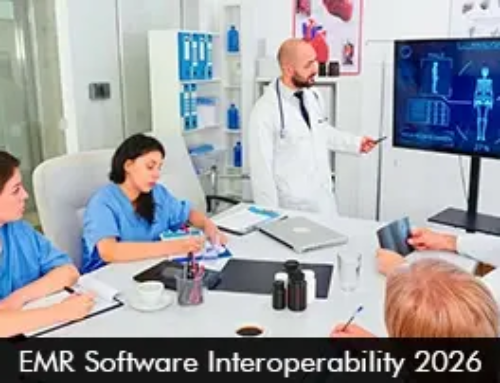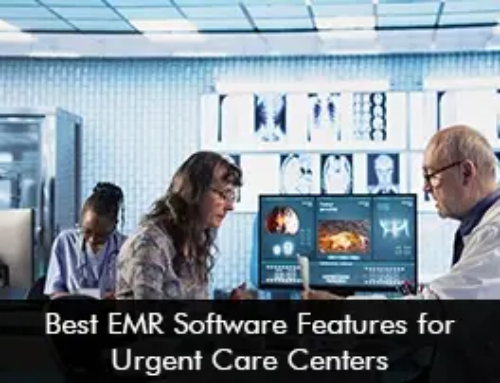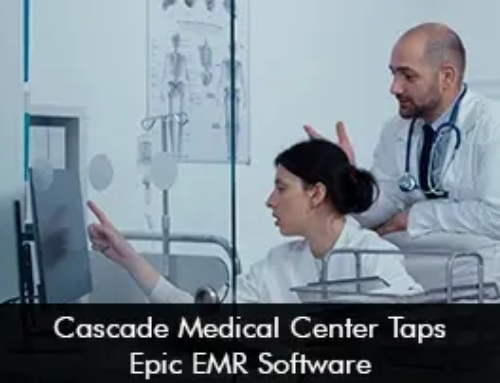Hospital workflows can be automated by leveraging healthcare technology solutions. The use of health IT software can boost efficiency levels and even reduce costs. The following healthcare workflows can be automated:
- Patient Registration
- Appointment scheduling
- Medical billing and coding
- Insurance claims processing
- Revenue cycle management
- Prescription management
- Inventory management
- Laboratory testing
Through automation, healthcare organizations can optimize their daily workflows, reduce errors associated with manual labor, and enhance health outcome levels. Staff members now have more time to focus on patient care and satisfying them by providing high-quality services.
Healthcare workflow automation statistics
These healthcare automation statistics highlight the importance of implementing healthcare technology and workflow management solutions:
- The HIMSS Future of Healthcare Report revealed, that almost 80% of healthcare providers and clinicians want to increase their investments in digital healthcare solutions over the next five years.
- According to McKinsey, 33% of physicians’ tasks can be automated which can help reduce costs and improve healthcare affordability.
- Stats reveal that 86% of medical errors are administrative and caused by manual workflow management. Leveraging EMR software systems can eliminate the chances of human error.
5 Ways medical practices can automate daily workflows
By using numerous technology and software solutions, medical practices can automate workflows. Here are a few examples of how medical practices might automate workflows:
- Electronic Health Records Systems: The technology-driving Electronic Medical Records (EMR) Software is sophisticated enough to automate clinical workflows. Appointment scheduling, patient registration, charting, and documentation are some examples. These systems reduce paperwork while increasing accuracy and efficiency.
- Practice Management Software: Practice Management (PM) Software can automate administrative and medical billing tasks. When billing and insurance claim processing, appointment scheduling, and patient communication are automated, processes are streamlined, and reduce manual errors.
- Telemedicine Software: The Telemedicine platform allows healthcare providers to remotely diagnose and treat patients. It automates virtual appointment scheduling and management, making it easier for patients to obtain care and clinicians to manage their workflow. Telehealth adaptation rates boomed since the COVID-19 pandemic and ever since have come to the forefront of patient care.
- Patient Portal EHR Software: Hospitals are encouraging patients to use the Patient Portal EMR Software platform as it automates patient engagement workflows. Through the portal, patients can easily schedule appointments, access medical records, and communicate with their providers. These systems allow patients to manage their health more efficiently, reducing the workload for healthcare providers.
- Robotic Process Automation (RPA): RPA tools are leveraged by hospitals to automate tasks like data input, appointment scheduling, and insurance claim processing. This technology avoids manual errors while also saving time and increasing efficiency.
Moving ahead
Digital technology solutions have helped health systems stay competitive and ahead of their time. Furthermore, advancements in technology such as Artificial Intelligence (AI) and machine learning are transforming the healthcare industry for the better – Enhancing patient care and decreasing administrative burden.








